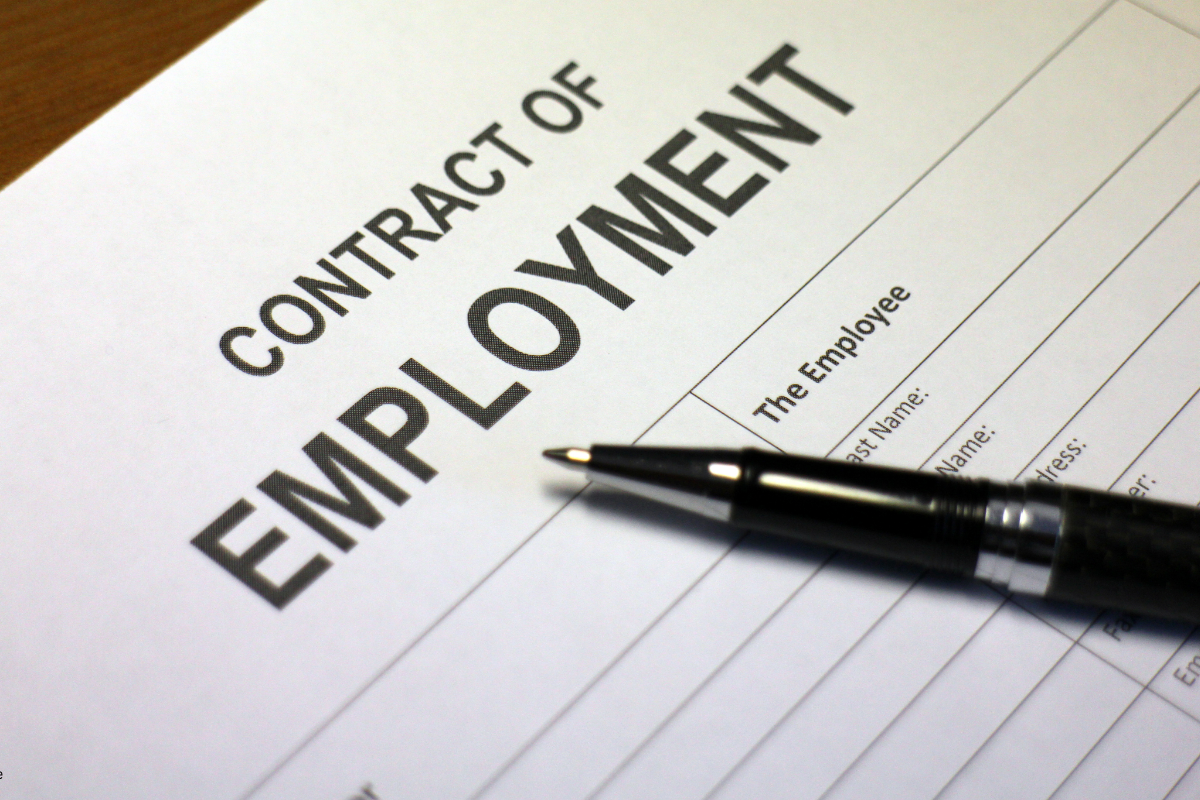I would do it if I only had more time.” We all want to be more productive and to perform at our peak every day. We all want to manage our time better, but guess what? If there is one thing that everyone has equally, it is time. We all have 24 hours each day.
What makes the difference is how you invest your energy during those 24 hours, and what you choose (consciously or not) to do, say or think about.
The first key is becoming more aware of your thoughts, actions and habits so you can choose the ones that help you achieve your goals. The second is to know how your brain works. The more you know about your brain, the more freedom you have. You can choose the best approach to improve your time management and get the best return on your time investment.
Read Also

Employment Agreements Can Help Protect Your Farm
Entering into employment agreements with each of your farm employees should be at the top of every farm’s “to do” list, but caution must be exercised.
In the last six years, 98 per cent of everything scientists know about the human brain has been discovered. Moreover, 80 per cent of what scientists thought was true about the human brain before 1995 has now been found to be false or misleading.
We have a lot to relearn as we develop effective management approaches.
Here are seven tips to perform at your peak every day.
1. Don’t check your email first thing.
“Your ability to make great decisions is a limited resource,” writes David Rock in Your Brain at Work. Decision-making is a task that spends your limited resources. The more decisions you make in your day, the more you spend that energy. When your bucket is empty, you suffer from “decision fatigue,” compromising your ability to make good decisions. You become paralyzed or impulsive and less able to manage temptations.
The way you start your day is important. Unless your task is to read and respond to an email, try to keep that for when you have less energy. When you read your emails first, all your good ideas, insights, priorities and objectives are set aside to take care of the objectives and priorities of others.
2. Prioritize your top three goals.
If you don’t prioritize, you will just go with the flow. Choose your priorities first thing in the morning or the night before. Because we remember three ideas at a time, the rule of three is the best. Set three goals for the year, the quarter, the month, the week and the day. With more than that, your brain will not know what is really important; it will scan too many things and be bothered by too much information from outside.
3. Conserve your decision-making energy at every opportunity.
Because your ability to make great decisions is a limited resource, you should make discerning choices at every moment. So don’t pay attention to trivial, non-urgent or unimportant tasks. Don’t check your email constantly “just in case”; concentrate on what you’re doing. Don’t overthink your projects.
4. Find and protect your quality thinking time.
Research shows that our ability to think deeply, reflect, have quality time, focus deeply on a task and be truly efficient decreases constantly. Many leaders admit that they have just a couple of hours of quality thinking time per week. We need that precious time to solve complex problems or to be creative. The best time for complex thought is when your bucket is full, in the morning. So protect yourself from all distractions: close the door and turn off all the alarms and alerts (emails, texts, phone calls). You will be surprised at how much you can achieve in a short period of time.
5. Don’t multi-task.
Can you really afford to multi-task? Research proves it: Your brain can only do one conscious thing at a time. When you switch between tasks, everything is affected: your performance, speed and energy level all decrease significantly. You also increase the risk of accident. So don’t text while you drive your tractor.
6. Maintain a positive state of mind.
Your brain scans everything and classifies objects as threats or rewards. As humans, we stay away from threats and move toward rewards. We are more productive, creative and collaborative when we are in the “toward reward” mode. But how do you maintain a positive state of mind when you feel threatened?
- Identify how you feel.
- Put words on your emotions to reduce negativity.
- Reinterpret events. Don’t say, I will never be able to accept that, farming is so hard, or there is no future. Rather, look for opportunities to develop your tolerance or adaptation.
- Have a nap.
Your brain and your body both need rest. So have a nap after lunch or in the middle of the day. I know… “What if someone finds out?”A short nap (20-30 minutes) is usually recommended. This type of nap provides significant benefits for improved alertness, creativity and performance for the rest of the day without interfering with nighttime sleep. Naps also reduce mistakes and accidents. A study at NASA on sleepy military pilots and astronauts found that a 40-minute nap improved performance by 34 per cent and alertness by 100 per cent.
So, to function at your peak, remember:
“Your beliefs become your thoughts,
Your thoughts become your words,
Your words become your actions,
Your actions become your habits,
Your habits become your values,
Your values become your destiny.”
— Mahatma Gandhi
















